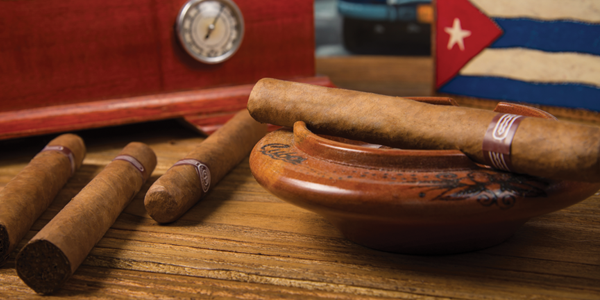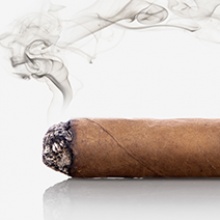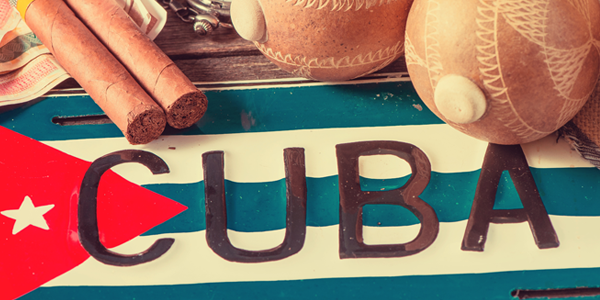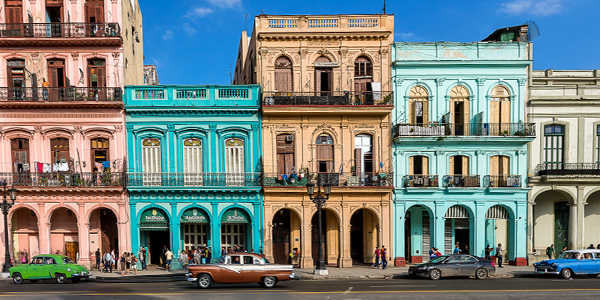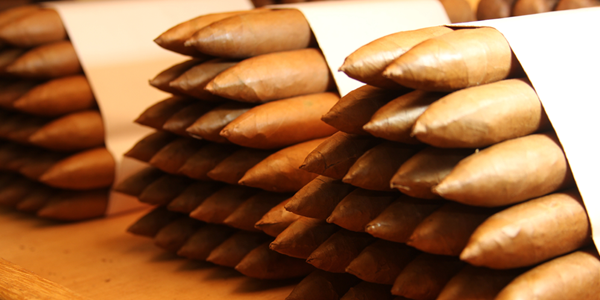What Makes Cuban Cigars So Special?
Many of you who are devotees of Cuban cigars are wondering why this is even a question. After all, aren’t Cuban cigars the best on the planet? Those of you who smoke cigars from all over the world may wonder the same thing, but for a different reason. What’s the big deal? Aren’t Cuban cigars plagued with construction and consistency problems? The answer to what makes Cuban cigars so special is not terribly complicated. Perhaps a better question is: Are Cuban cigars so special? We’ll get to that.
Forbidden Fruit
The simplest reason that makes Cuban cigars special is that they’re prohibited in the United States, where most of us spend most of our daily lives. Ever since the 1962 US embargo on Cuban goods, both the sale and purchase of Cuban cigars are illegal in the United States. Today, you cannot even legally bring Cuban cigars into the US from Cuba or any other country. So, what makes Cuban cigars so special? You’re being told you can’t have them. That just makes us want them more. Well, maybe. Until we smoke a bunch of them.
Are Cuban Cigars Special?
Cuban cigars ARE special in one clear historical sense. Cuba really was the place that the premium cigar we all know and love was created and perfected. The first cigar factory in Cuba was set up in 1542. For more than four centuries, Cuban cigars were it. No other country really made a puro, a cigar made entirely of tobacco from one country. Cigar makers in the US imported Cuban tobacco to their factories in places like Tampa, Florida. In reality, Cuban tobacco and cigars were all you wanted and about all you could get in the premium category until the Castro revolution created a flight of cigar talent to other countries where they found good soil and began to make cigars that, ultimately, rivaled the Cuban product. Still, even for the modern cigar industry, Cuba is the mother of great cigars.
Terroir, It’s a French Word
Terroir (tehr-wahr) is a French word that means region, but agriculturally refers to the attributes of the soil, climate, and geology of a place. It’s generally used to refer to grapes grown for wine, but it has become common when discussing tobacco.
One thing is certain, Cuban cigars would never have been considered special if they didn’t taste good. A big factor in the flavor of a cigar is the terroir where the tobacco is grown. Cuban soil, especially in the westernmost part of the island, Vuelta Abajo, was traditionally rich in nutrients, particularly magnesium, calcium and iron. These elements worked harmoniously to create a relatively sweet tobacco. The ash produced by most Cuban cigars is a light-to-medium gray, which indicates that magnesium is not overwhelmingly present. A lack of magnesium can lead to high levels of acid in a cigar, but that’s rarely the case with Cubans because the calcium works with the magnesium to add sweetness. Iron is a principal contributor to aroma.
The soil in Vuelta Abajo has been severely challenged over time. Overproduction and disease have affected the quality of the tobacco grown there. Those problems have been evident in many boxes of Cuban cigars.
Experience
Clearly, in addition to great tobacco, the ability to make great cigars is vital. The Cubans have the most experience at making premium cigars. Naturally, the combination of great tobacco and great skill in rolling a cigar can lead to a sublime smoking experience. The problem today is that much of the talent has died off or run off to other countries. Every time you light a Cuban cigar and have problems getting smoke through the tube, you’re experiencing a problem with the construction. Many Cuban cigars have suffered from being plugged. Less often, Cuban cigars tend to burn unevenly. This is a result of an imbalance in how the leaves inside the cigar were rolled.
Much of the talent that made Cuban cigars so desirable fled shortly after Fidel Castro took power and nationalized the cigar industry. While that might ultimately have contributed to the challenges faced in maintaining the quality of Cuban cigars, the Cuban diaspora has created thriving cigar industries in Nicaragua, the Dominican Republic, and Honduras, among other nations.
Bottom Line
At the end of the day, what cigars you love to smoke is a matter of personal taste. Most recently, the best Cuban cigar I’ve smoked is the Montecristo Petit No. 2, a short Belicoso modeled after the iconic Montecristo No. 2. Another excellent Cuban cigar I smoked not long ago is the Bolivar Royal Corona, a Robusto. It had been in my humidor for about eight years and certainly benefited from the time. The Partagás Serie D No. 4 is another I’ve had for many years, and, recently, it smoked quite nicely.
Still, I have had unfortunate experiences all too often with Cuban cigars. A box of Hoyo de Monterrey Elegantes was a severe disappointment last year, especially since that cigar is one of many limited editions the Cubans like to release. The Hoyo de Monterrey Epicure No. 2, however, remains a favorite of mine.
My take on Cuban cigars and why they are considered so special is that the difficulty in getting them makes them appealing. Their reputation, however well-deserved, continues to hold sway. There’s no question that lighting up a fine Cuban cigar is a symbol of success. Their price makes them less winning in comparison with cigars produced, say, in Nicaragua. After all, Cubans fled to Nicaragua and planted Cuban tobacco seeds. They found terroir in Nicaragua similar to that of Cuba. If the Cigar Aficionado list of “2021 Cigars of the Year” is any guide, with none of the top three being from Cuba (the Cuban Partagás Serie D No. 4 fittingly took fourth place), perhaps the next question should be: What makes Nicaraguan cigars so special?

